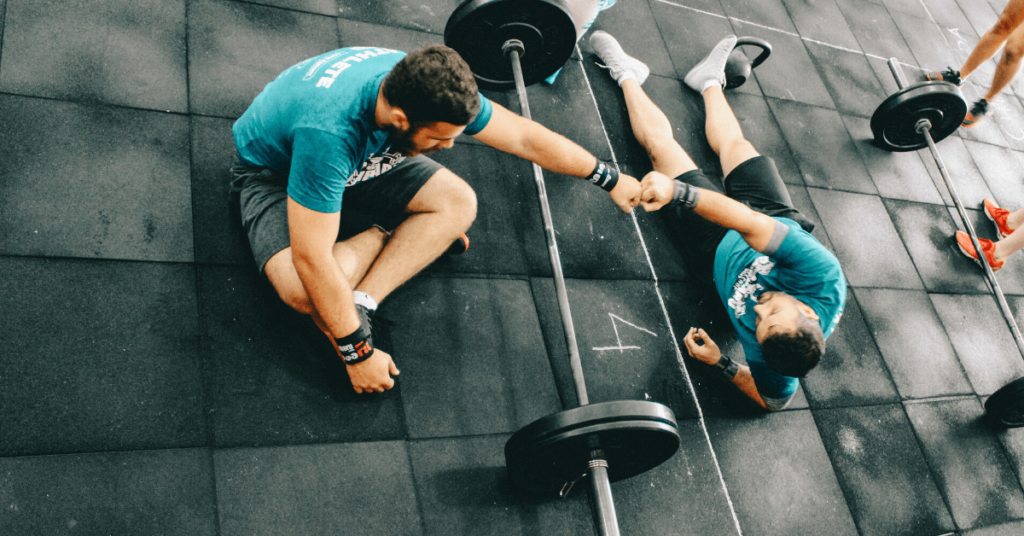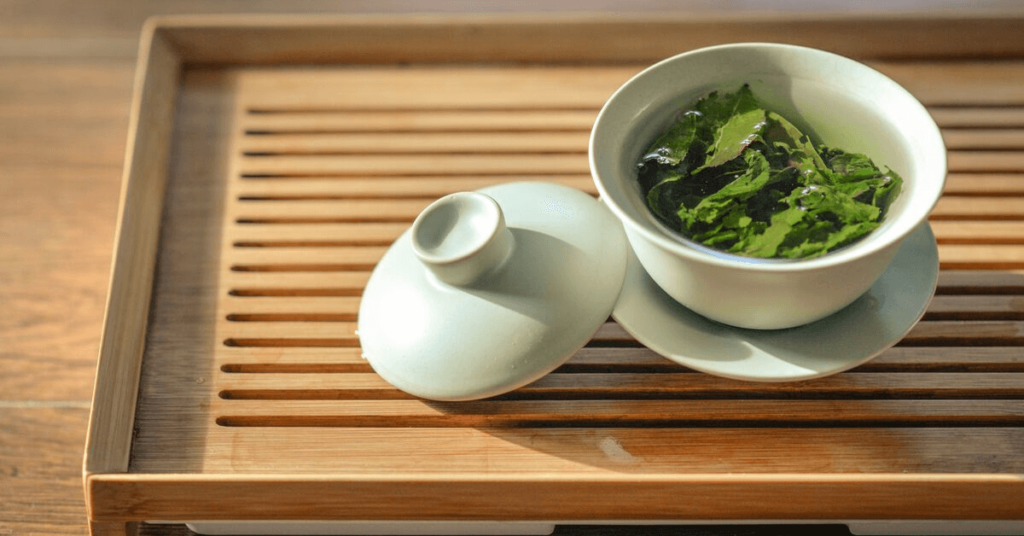A number of new moms will start to wonder just how long it takes to lose their baby weight and bounce back to their pre-baby body. While many might wish you could magically lose the love handles and hips the moment your baby is born, the fact remains that no one, not even celebrities, can snap right back to their body before their baby so quickly.
And give yourself some credit, you just carried a baby inside your womb for 9 months. Your body was bound to change as your baby developed and your hormones conjured up what seemed to be a hungry, tired and sore body (unless you’re one of those pregnancy unicorns who glows and walks around on clouds, then kudos to you).
So, just how much weight do you lose the moment you give birth?
This will depend on the size of your newborn, he or she should weigh between 3 to 5 kgs, then there is the weight of your placenta and amniotic fluids, which you deliver at birth. All in all, you can expect to instantly shed 5 to 6 kgs during delivery. Hooray!
So, where is the rest of the weight sitting? In your blood supply, breast tissue, enlarged uterus and fat stores. In fact, when you give birth you should not expect the instant weight loss to automatically shrink your belly, this might take about 6 weeks until your uterus shrinks back to its original size.
Losing the baby weight
There are a number of ways you can go about trying to lose your baby weight but remember to give yourself a break. You literally just birthed another human being. Things have moved around, grown and stretched out a bit. This means that the trick is not to focus on getting your pre-baby body back, but rather to create a happy, healthy and slightly-differently-shaped you!
1. Setting reasonable weight loss goals
A good place to start is to chat with your doctor or a qualified dietician for them to help you set a reasonable and safe goal. Remember that everyone sheds weight at their own pace. There are also a number of factors that come into play when it comes to weight loss. One of these is your age. Your metabolism slows down as you get older – have a look at this blog on how to naturally boost your metabolism.
Another factor is your diet. If you adopt healthy eating habits (which will not only benefit you but your baby too if you are breastfeeding), then this will help immensely in your weight loss journey. While you’re here, have a look at these healthy and happy meals.
And lastly, your activity levels and exercise routine also plays a role.
2. Breastfeeding
Breastfeeding is a great way to burn calories while sitting down. In fact, some experts suggest that breastfeeding can burn up to 500 calories a day! It also stimulates the release of hormones that will aid in shrinking your uterus back to its pre-baby size. So, if you can, breastfeed your newborn. Some moms suggest breastfeeding for the first two years of your little one’s life.
3. Following a nutritious diet

The first thing I need to warn you about is to never jump into a ‘get-thin-fast’ kind of diet. These kinds of ‘crash’ diets might have you shedding a few pounds in just a few weeks through excessive and restrictive dieting, but when you start eating normally again, you will only put the original weight you lost (and some) back on.
Your body needs proper nutrition to recover from the delivery, fight off infection and aid in feeding your baby. Which is why you should not consider any forms of restrictive diets.
You need to ensure you are getting enough calories to breastfeed your little one. There are a number of delicious, healthy and easy to follow diet plans out there, especially for new moms. The WellBe Team is happy to help if you want some expert advice on where to start and what kinds of foods you should be eating as well as what kind of exercises plan to follow. Having a wellness coach is one of the best things you can do for your body and your wellbeing.
A good place to start is by cutting out on junk food, processed food and fast food and choosing whole grains, fruits, vegetables and lean meats. But if you want a slice of cake, treat yourself. The key is moderation when it comes to implementing a healthy lifestyle.
4. Following an exercise routine
You might feel exhausted, rundown and sleep-deprived, but keep in mind that exercise, even a brisk walk, will not only do wonders for your physical appearance, but it will also boost your mood and leave you feeling great. So before you head to the couch after putting your little one down for an afternoon nap, why not pop a yoga video on the TV or a quick little workout video to follow?
It’s a good idea to find activities you actually enjoy doing and ones that don’t take up too much of your time. Being a new mom doesn’t leave you with a lot of free time on your hands, so try to get in exercise anywhere you can. Invest in a pram you can jog with or pop a few squats the next time you ‘pop a squat’ in the bathroom. Trust me, incorporating these little exercises into your day will make the world of difference.
5. Staying positive
The key to all of this is staying positive and being easy on yourself. Focus on the things you have accomplished and the weight you have already lost and remember than fitness if more about the number on your scale.
The fact that you’re reading this blog is a step in the right direction, so here’s to you!






